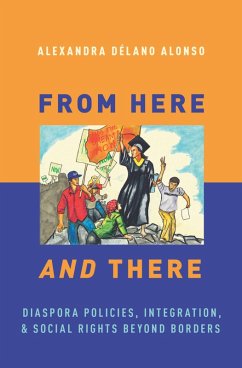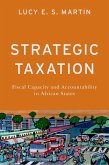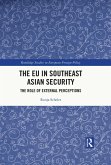When immigrants to the United States need to learn English, receive health services, open a bank account or get a work certification, US state and local governments or non-profit organizations usually assist as part of the process of supporting immigrant integration and, ultimately, citizenship. But over the past two decades, Mexico, and other origin countries of migrants have been increasingly filling gaps in these activities through their consular representations, particularly focusing on populations with precarious legal status. Put in the larger context of diaspora policies, these practices -- focused on establishing closer ties between the origin country and the emigrant population and protecting their rights through the provision of social services -- are one of the clearest manifestations of the reconceptualization of the boundaries of citizenship and the rights and obligations that come with it. This book looks at citizenship and immigrant integration from the perspective of countries of origin: specifically the processes through which Mexico and other Latin American countries are establishing programs to give their emigrant populations better access to education, health, banking, labor rights, language acquisition and civic participation in the United States. While immigrant integration is often assumed as an issue that mainly concerns the population and institutions of the country of destination, these cases demonstrate the role that origin countries play in supporting migrants' access to opportunities to participate as members of the societies they are a part of, challenging the limits of citizenship and sovereignty, and offering examples of innovative practices in the protection of migrants' rights. As an area of migration governance that is rarely discussed, this book offers a critical evaluation of these programs and their impact on emigrants, particularly on those who are undocumented or have precarious legal status, and the collaborations between governments and civil society groups on which the programs are based.
Dieser Download kann aus rechtlichen Gründen nur mit Rechnungsadresse in A, B, BG, CY, CZ, D, DK, EW, E, FIN, F, GR, HR, H, IRL, I, LT, L, LR, M, NL, PL, P, R, S, SLO, SK ausgeliefert werden.









